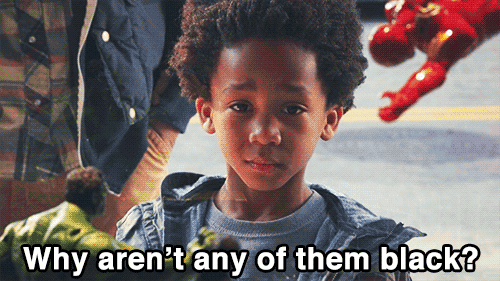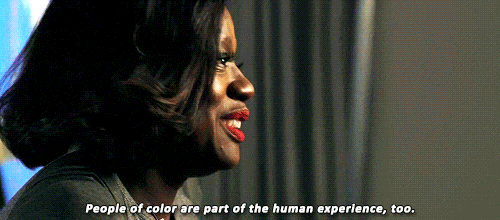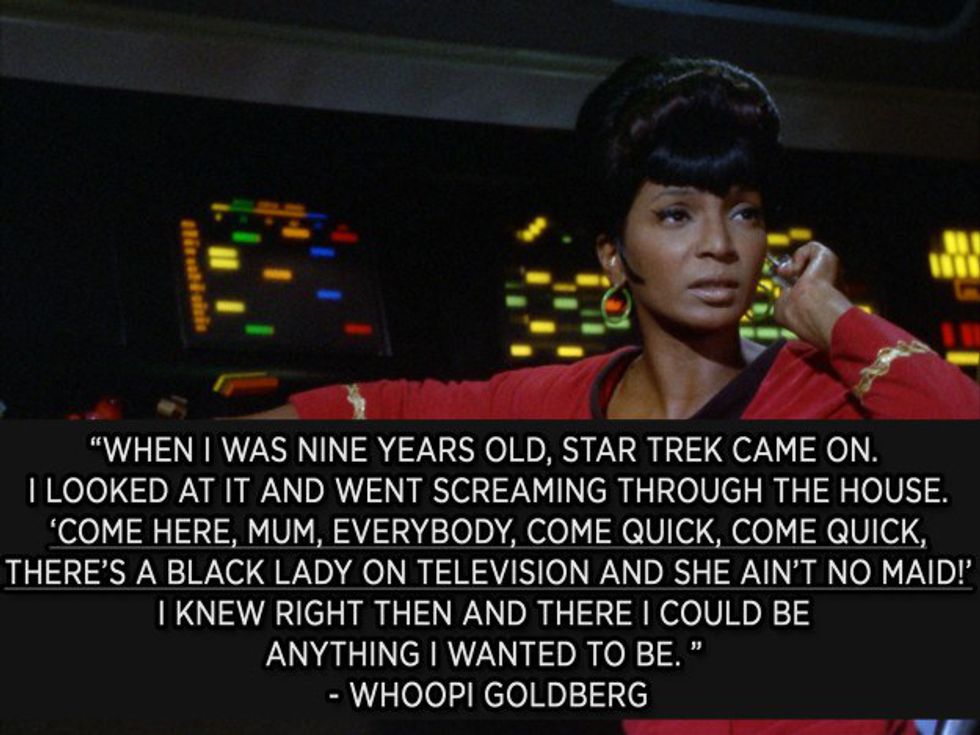For a director that's created such fantastic worlds, Tim Burton's films certainly are a bit colorless. After years of producing whitewashed films, Tim Burton has found himself in the middle of the Hollywood diversity discussion following comments about his latest movie, Miss Peregrine's Home for Peculiar Children. Tim said "Nowadays, people are talking about it more. Things either call for things, or they don't." This was a disappointing hit for all Tim Burton fans of color. While his statement was vague, what he is essentially telling kids of color is that they are not good enough to be represented in his ideal fantasy world. What he is also saying is that the only character in the whole film that called for a black actor was the villain. For Tim Burton, fantasy worlds are no place for non-whites.
As much as white men like Tim Burton would like to think diversity is little more than the irrelevant grievances of people of color, studies have proven that this is far from the truth. Children are impressionable. When kids of color don't see themselves in the media they watch, it impacts their self-esteem. One study found that for girls and African American kids, increased television exposure caused a decrease in self-esteem, while it boosted the self-esteem of white boys. Children absorb what the media shows them and use these messages to assess themselves. So when minority kids either don't see themselves represented at all, or see themselves as a minor or stereotyped character, it has an impact. Typically, kids shows feature white male leads, with the token black character playing a best friend or sidekick, while Asian characters are almost non-existent. This pattern is unfortunately reproduced in many top Nickelodeon shows, such as Rugrats, The Fairly Odd Parents, Hey Arnold, Danny Phantom, and Jimmy Neutron, just to name a few
Character of color in these shows don't make kids of color feel valued, and often perpetuate stereotypes. In Disney's Phineas and Ferb, the two main characters are smart and charismatic white boys who build awesome things, while their older sister only attempts to stifle their creativity. The only character of color is an Indian boy with an accent who's "every feeling" makes him want to do math. The show serves as a prime example of why the study found the results that they did regarding the impact television has on girls and minorities. What is the media telling kids of color by never casting or portraying them as the main characters? White boys have a much greater availability of positive media representation than girls and minorities. Impressionable young children deserve more than to see themselves just represented as tiresome stereotypes.
Children's shows and movies have the power to confirm or change a child's view of themselves. Children's movies have the power to tell Asian kids that their only value isn't in being smart and good at math. Children's movies have the power to tell black kids that they can be the heroes, not the villain or the sidekick. Children's movies have the power to tell girls that they don't have to be the love interest, that they can kick-ass too. And while the media has greatly increased its representation, it still has a long way to go. Tim Burton's comments were a disappointing blow to Hollywood's diversity progression, made worse by the fact that his new movie is all about children. We live in a multi-cultural world and mass media has to allow that culture to bleed through, if for nothing but to show children that they are more than just their stereotype.























